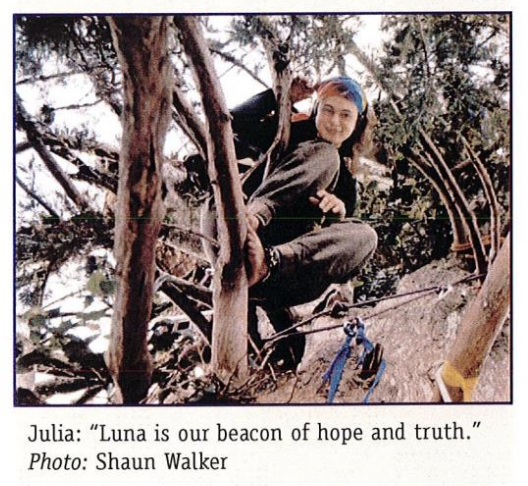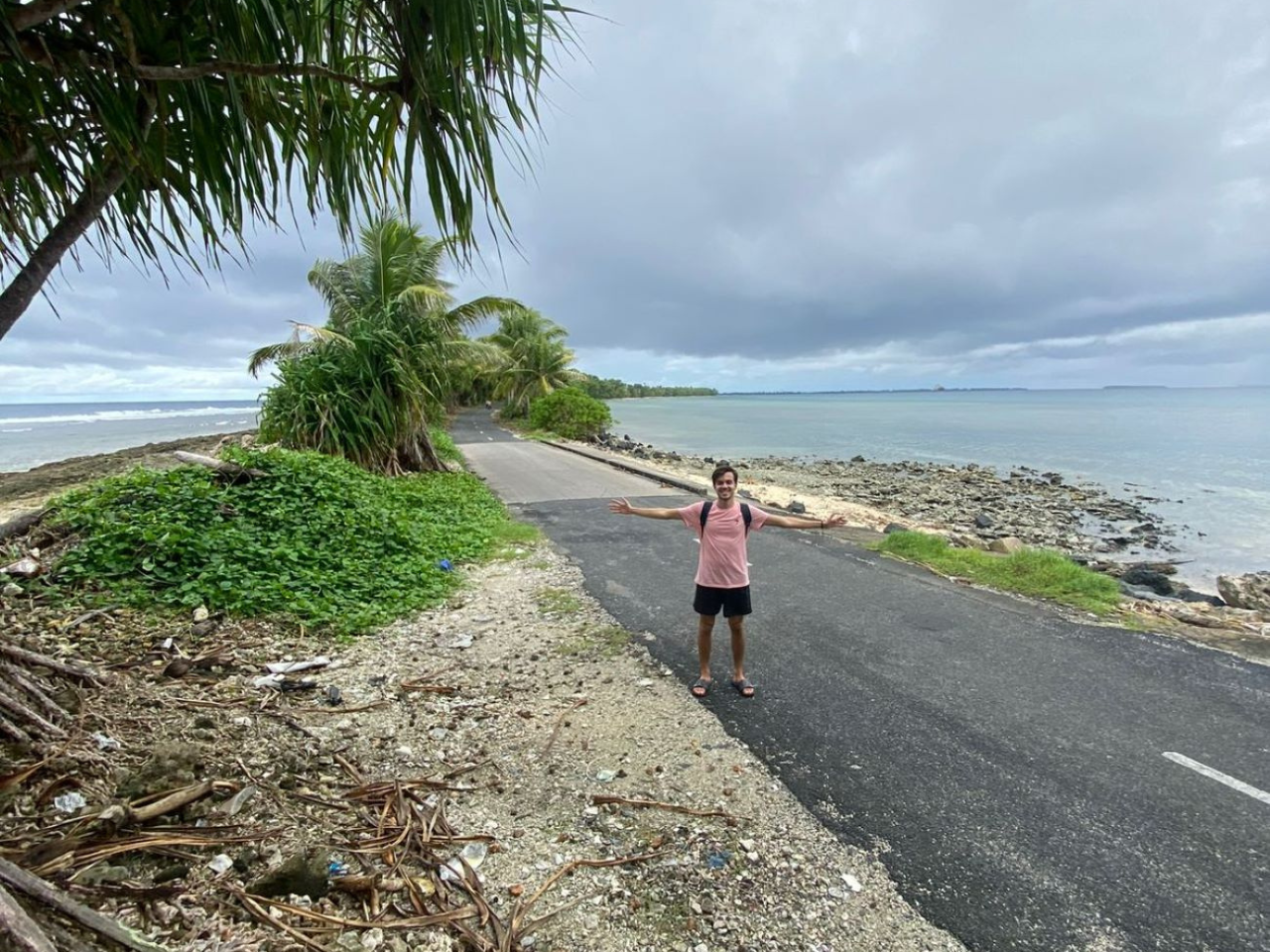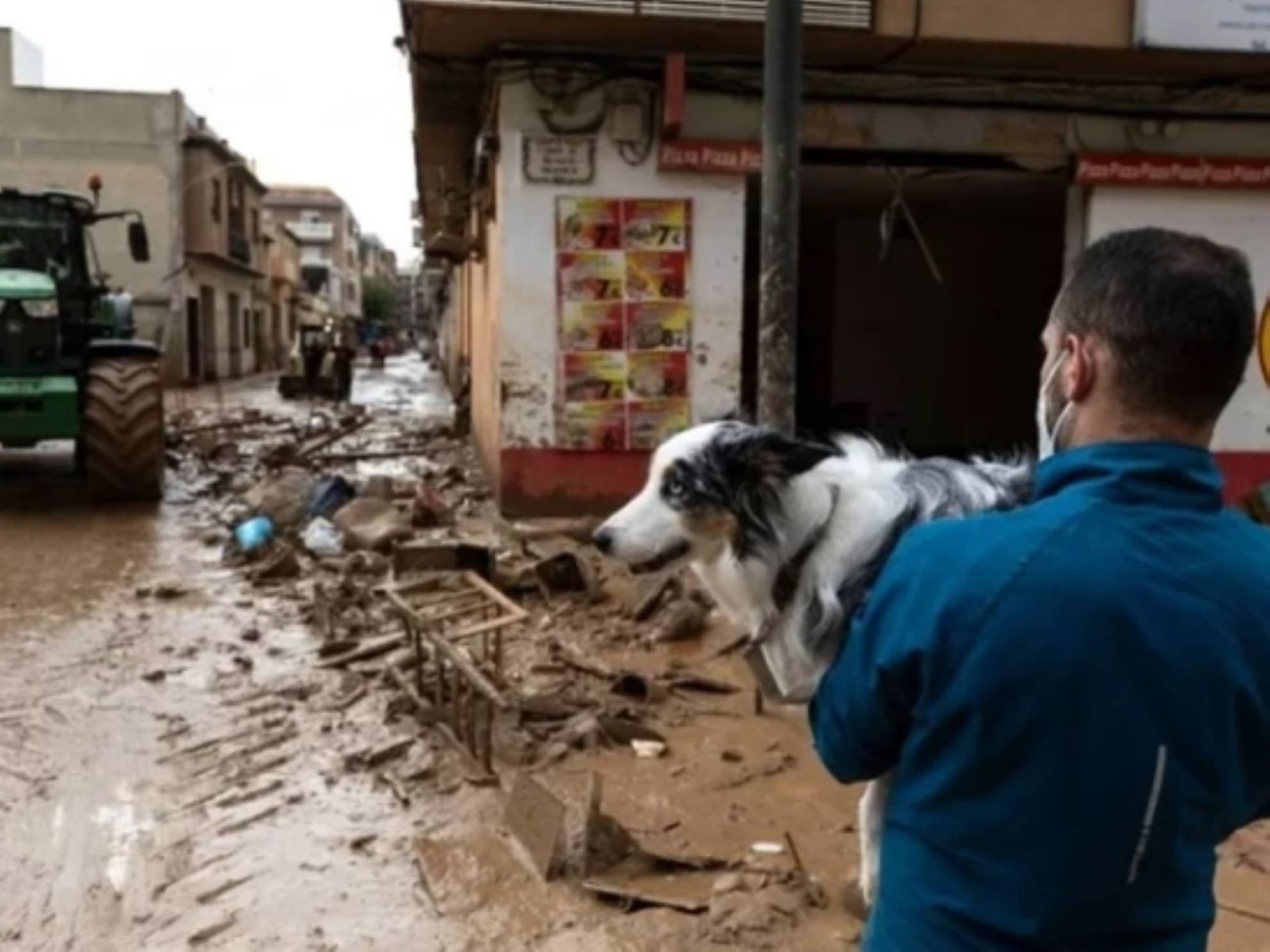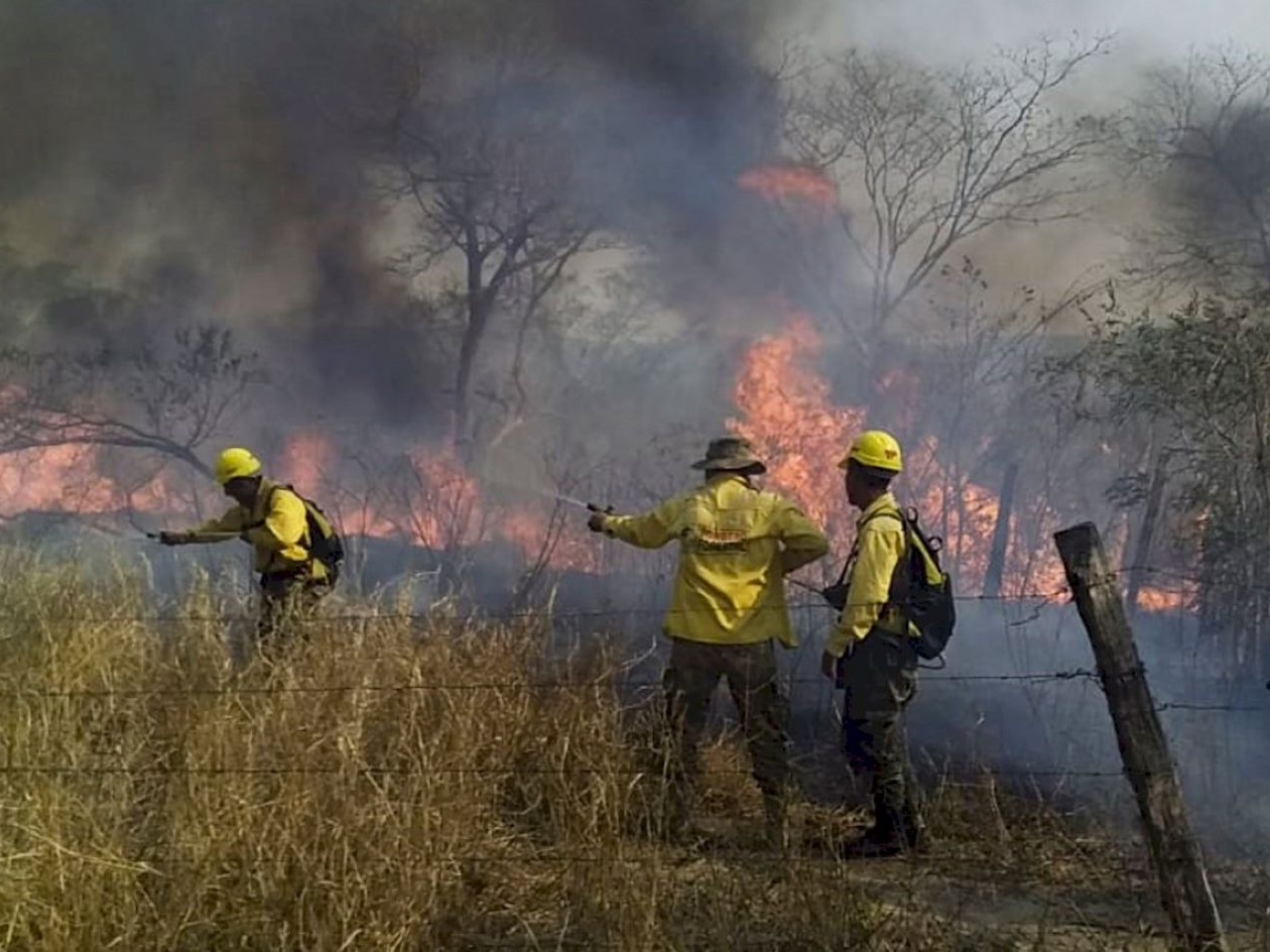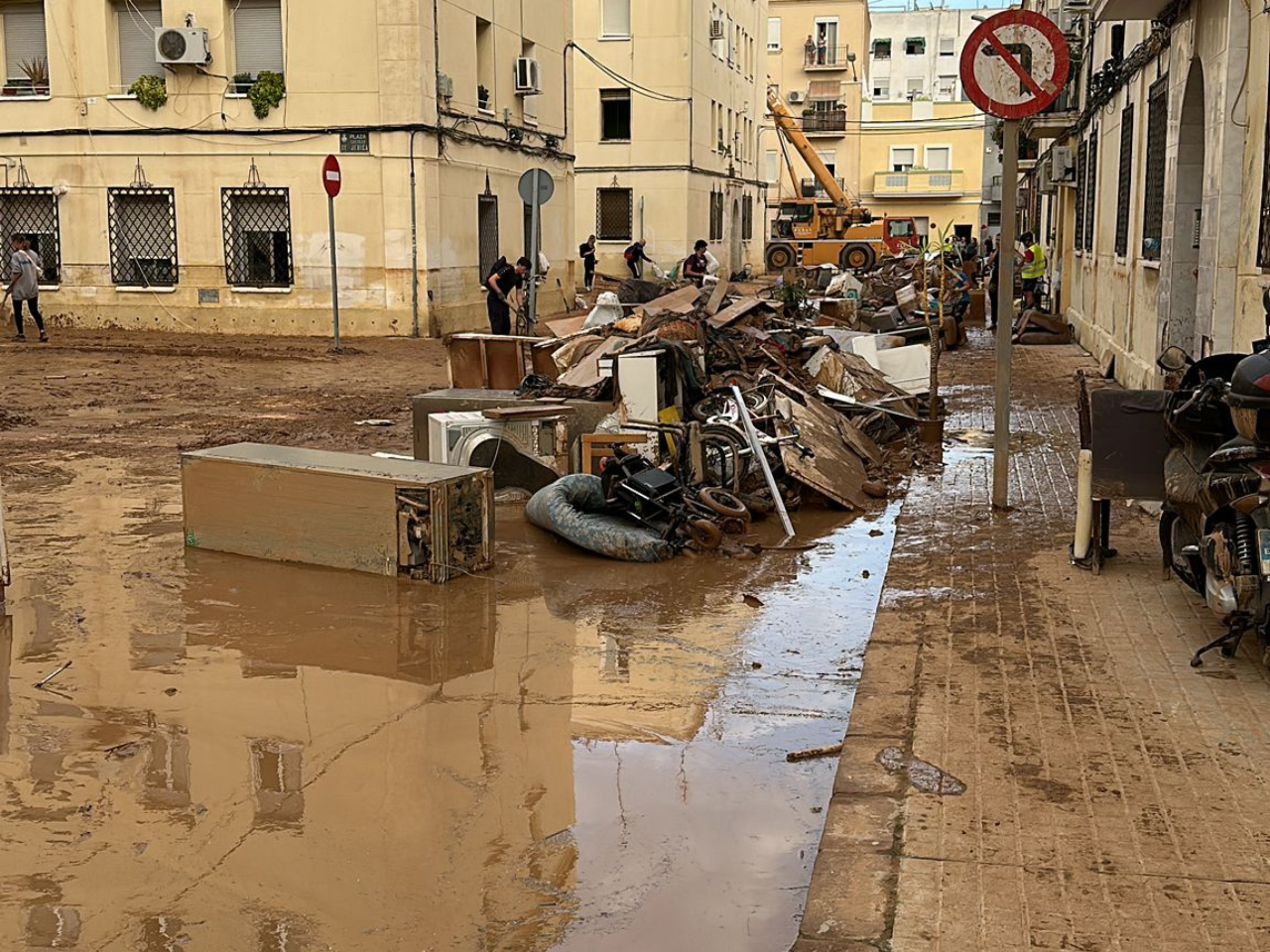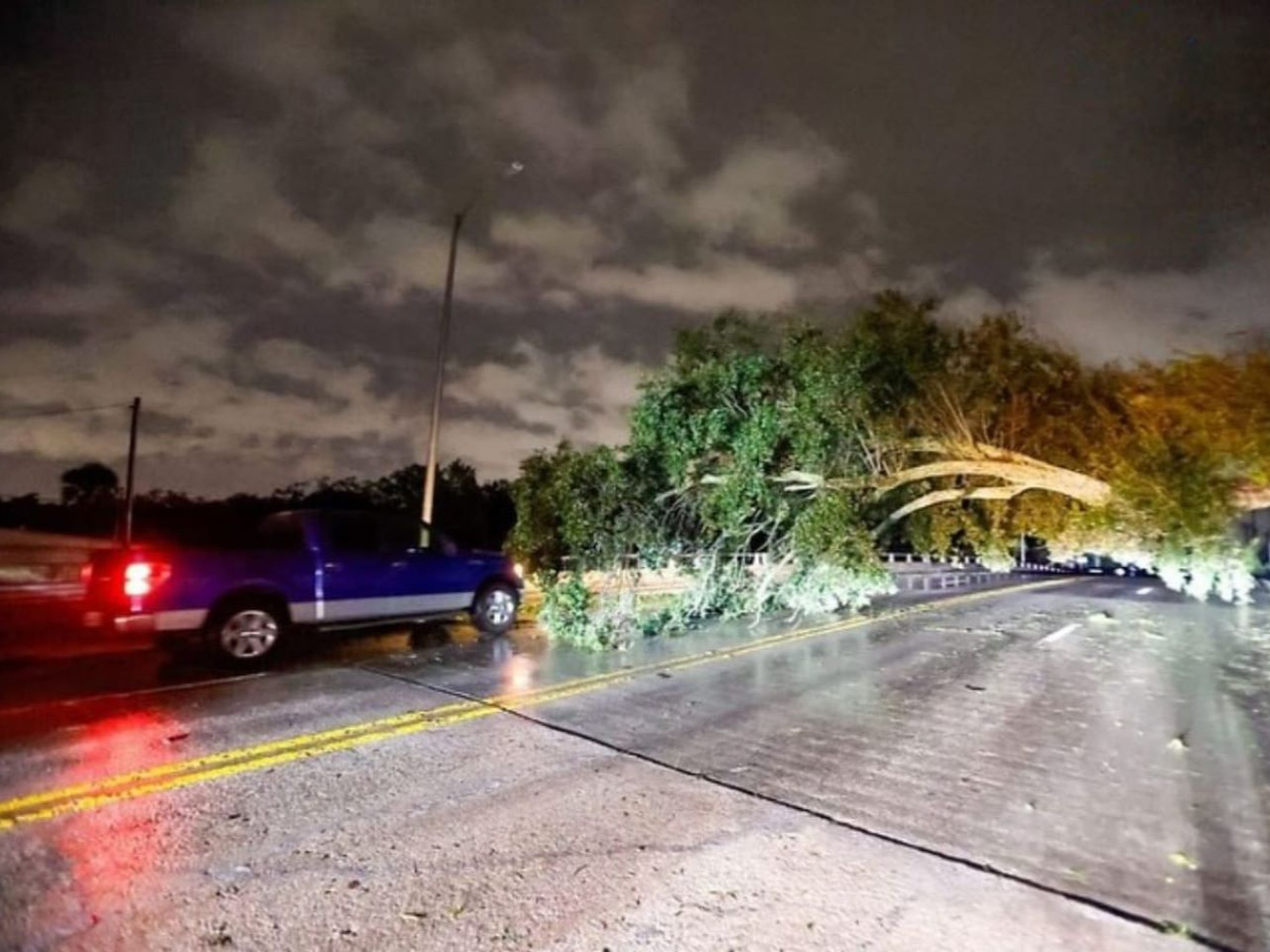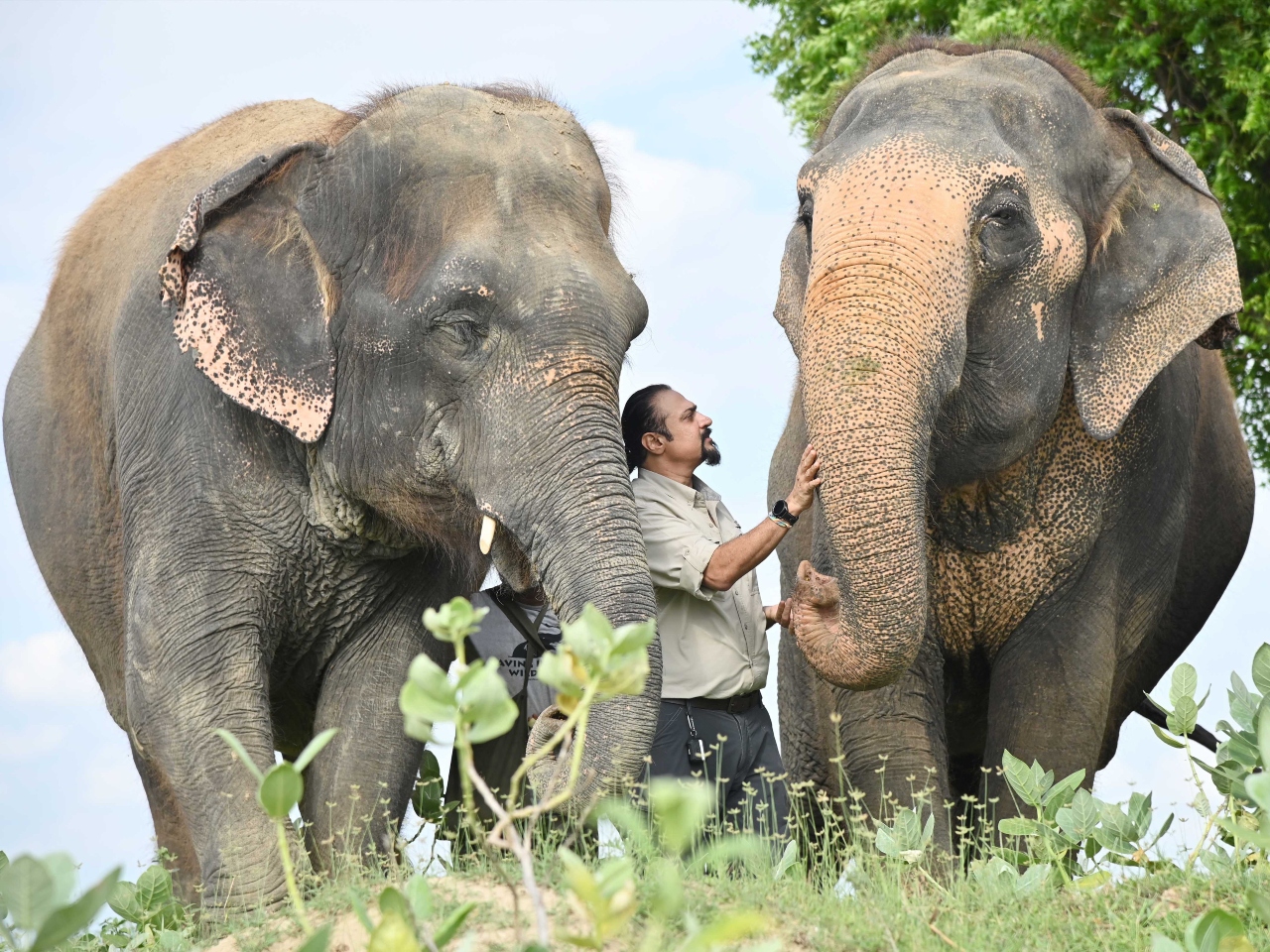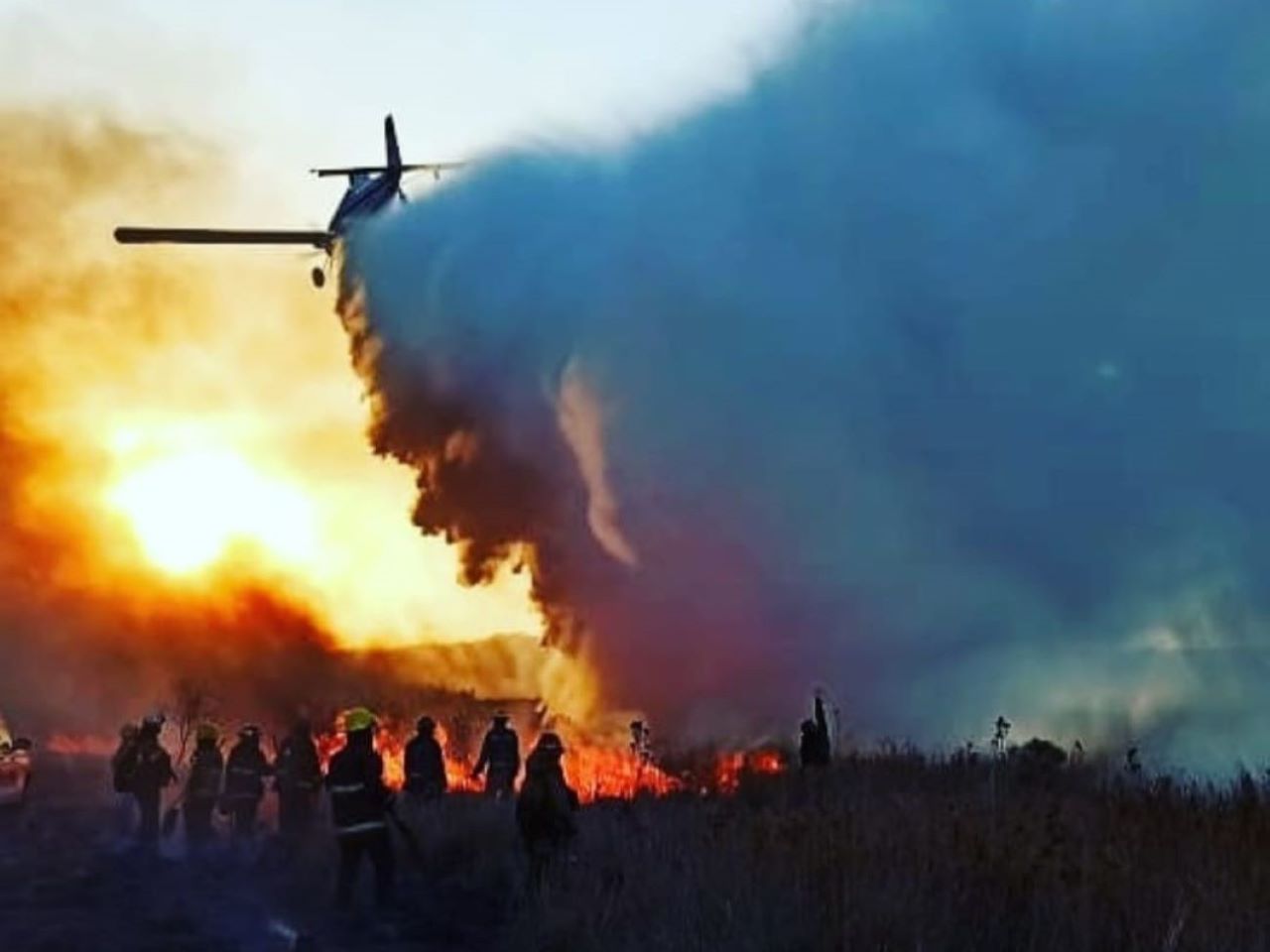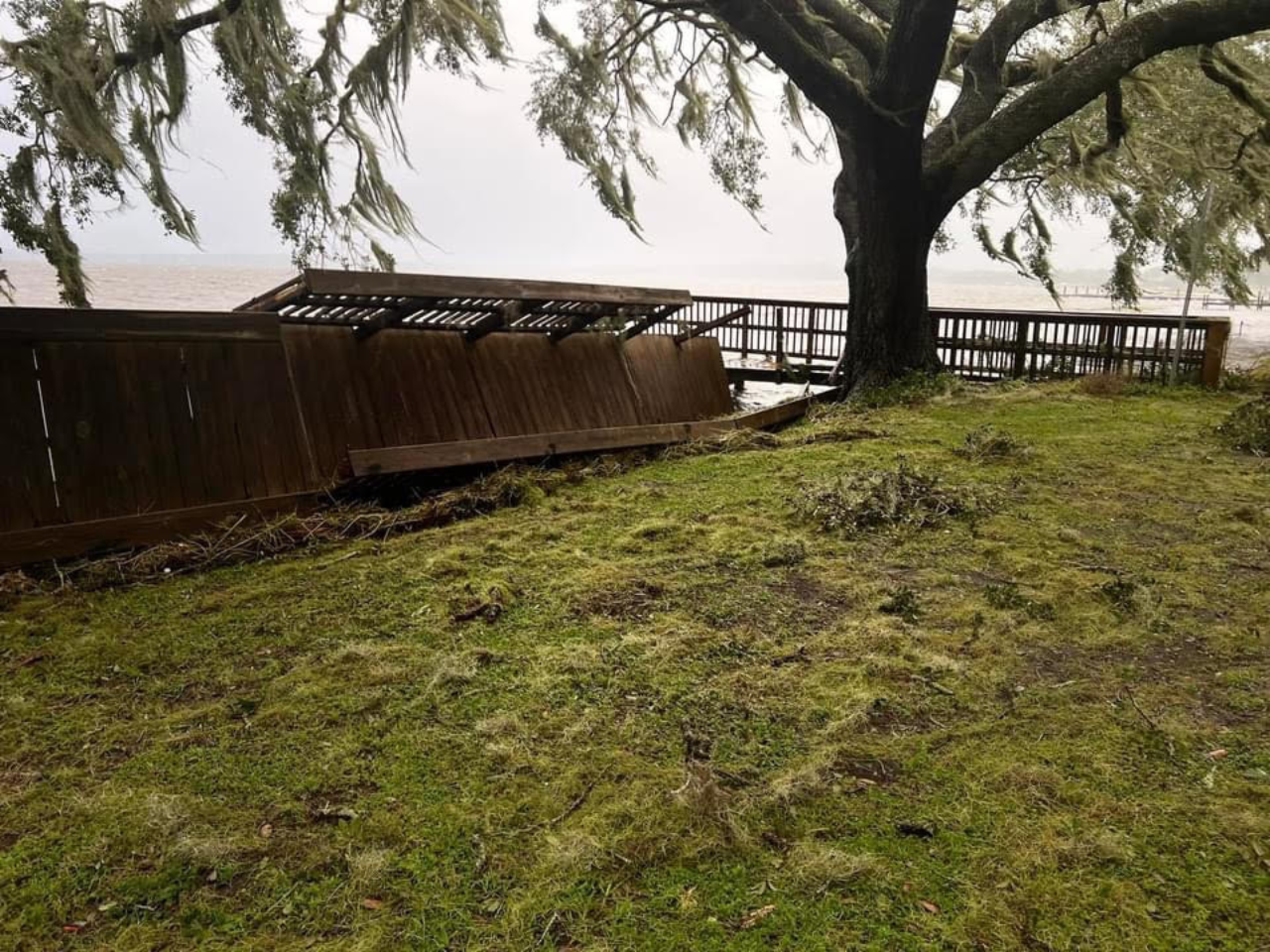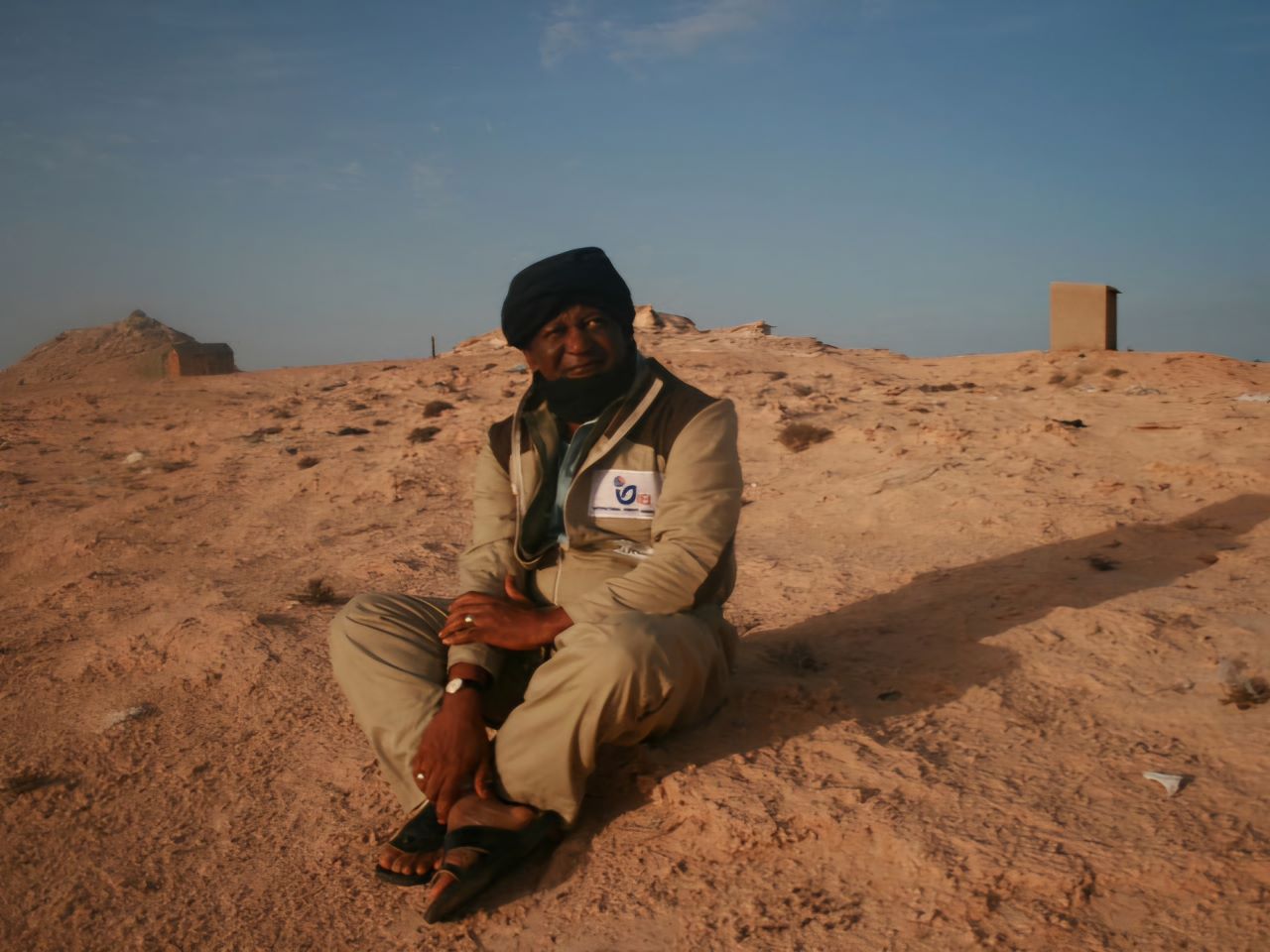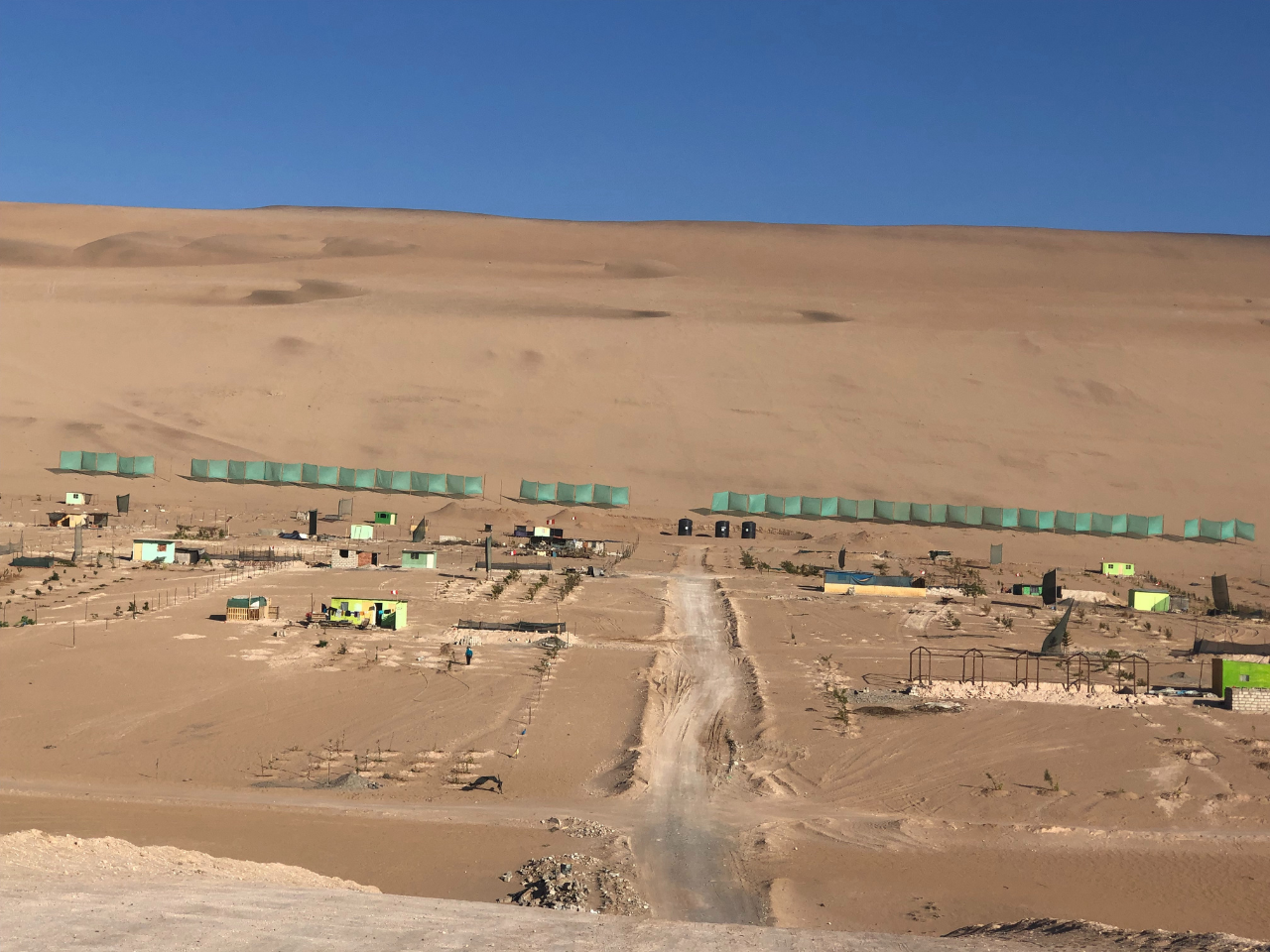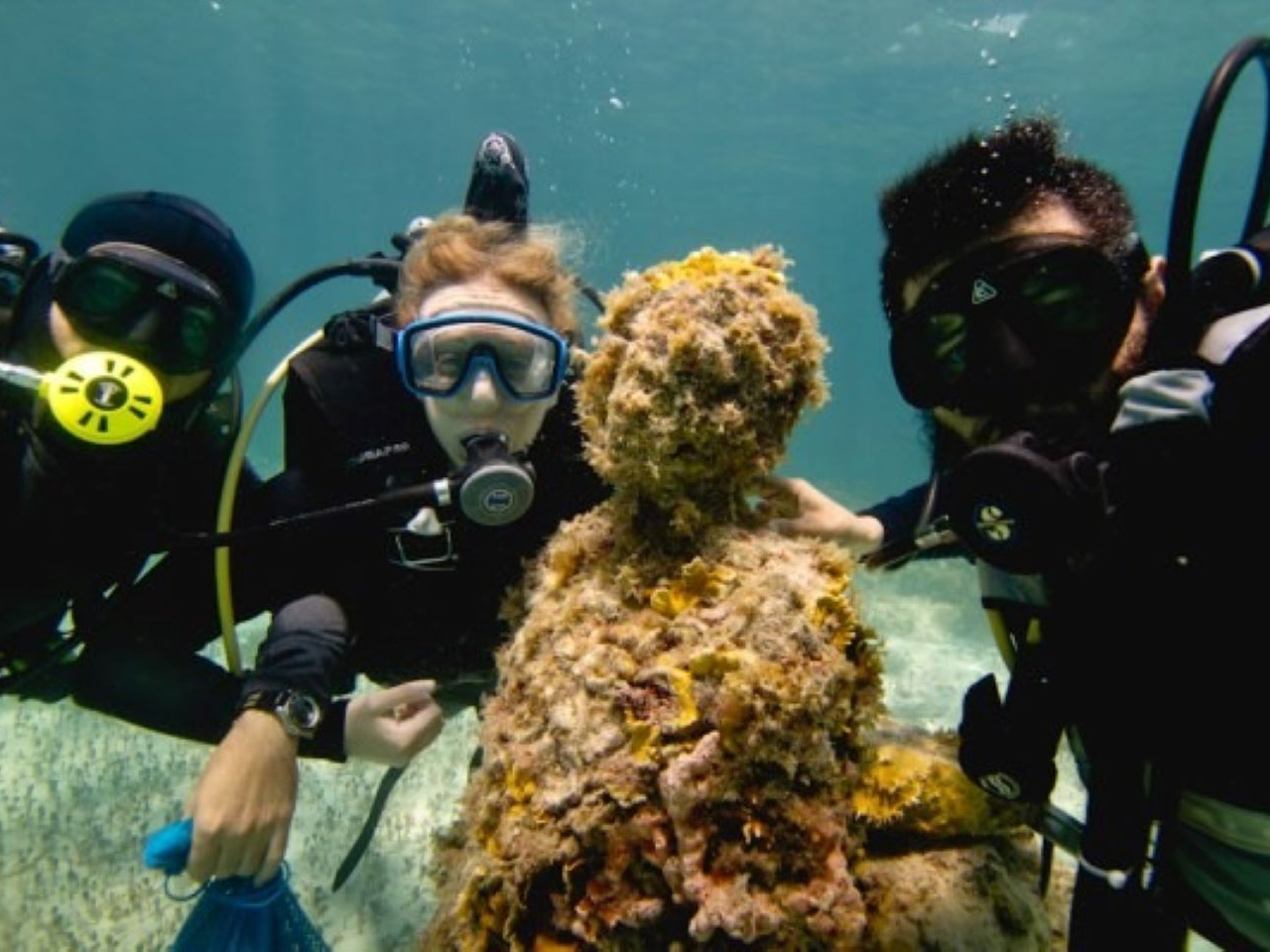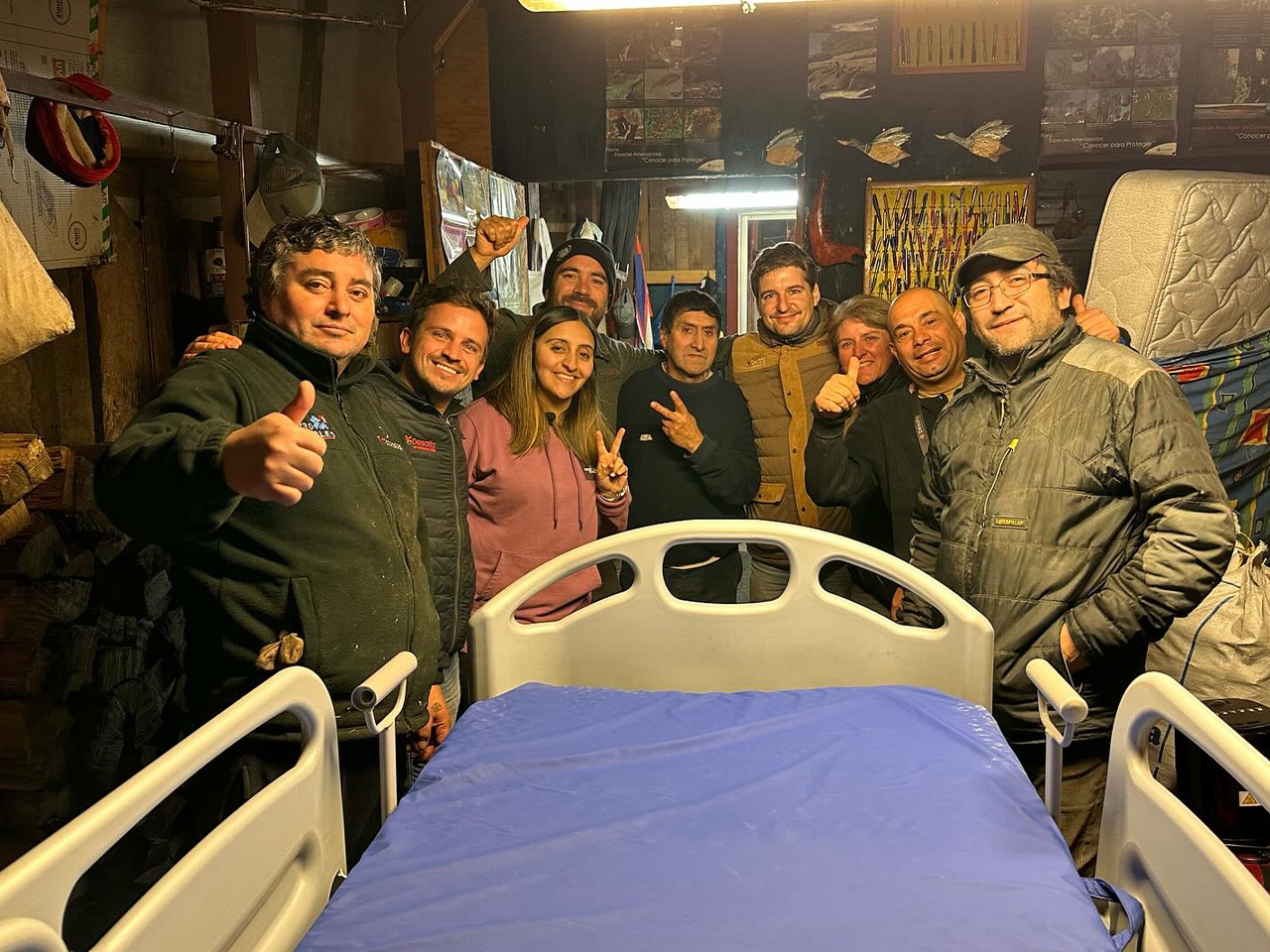Citizens pedal in protest as city announces removal of bicycle lanes, barriers
Hundreds of people reacted on social media and showed up for the protest with signs on their bicycles and scooters. Volunteers spoke out on the issue, citing environmental and transportation benefits to the lanes. More bikes reduce air pollution, shrink the carbon footprint, and decrease the number of private cars on roads.
- 3 years ago
February 25, 2023
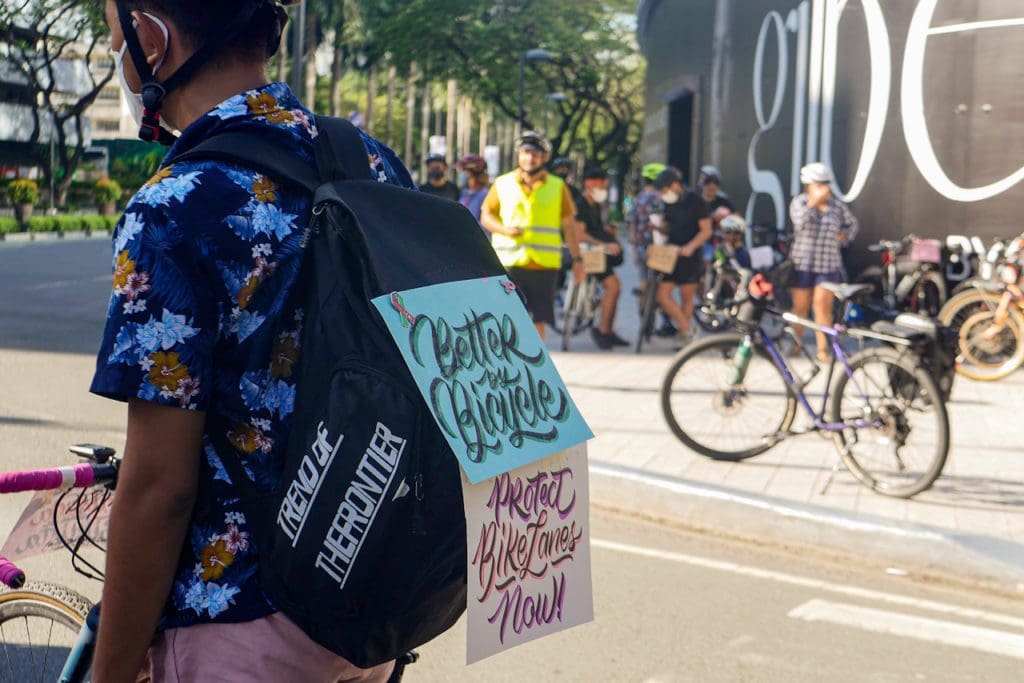
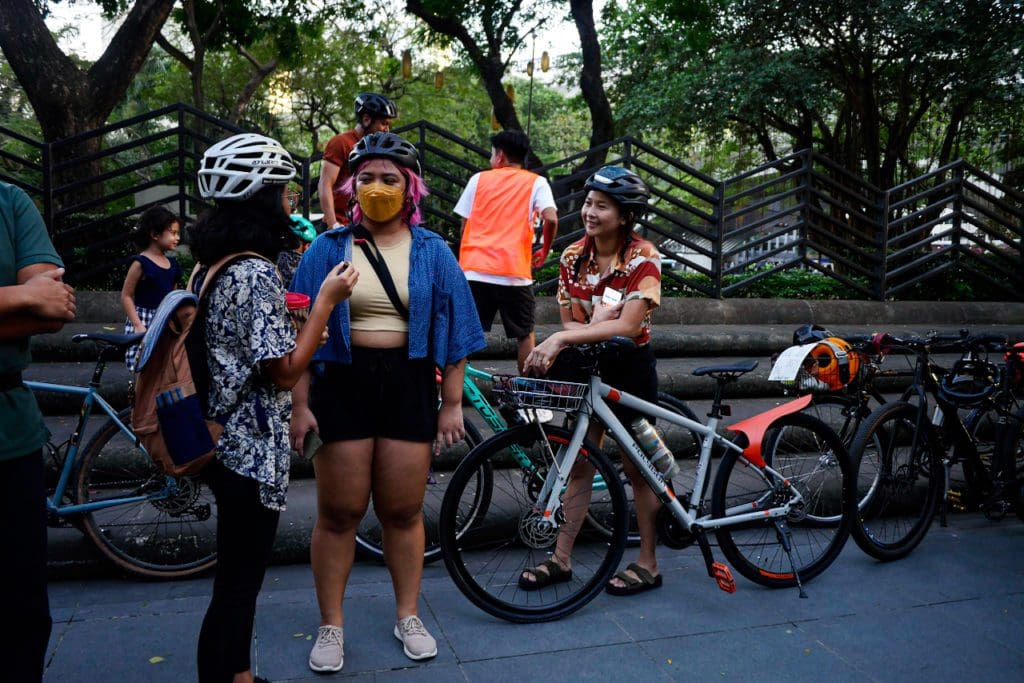
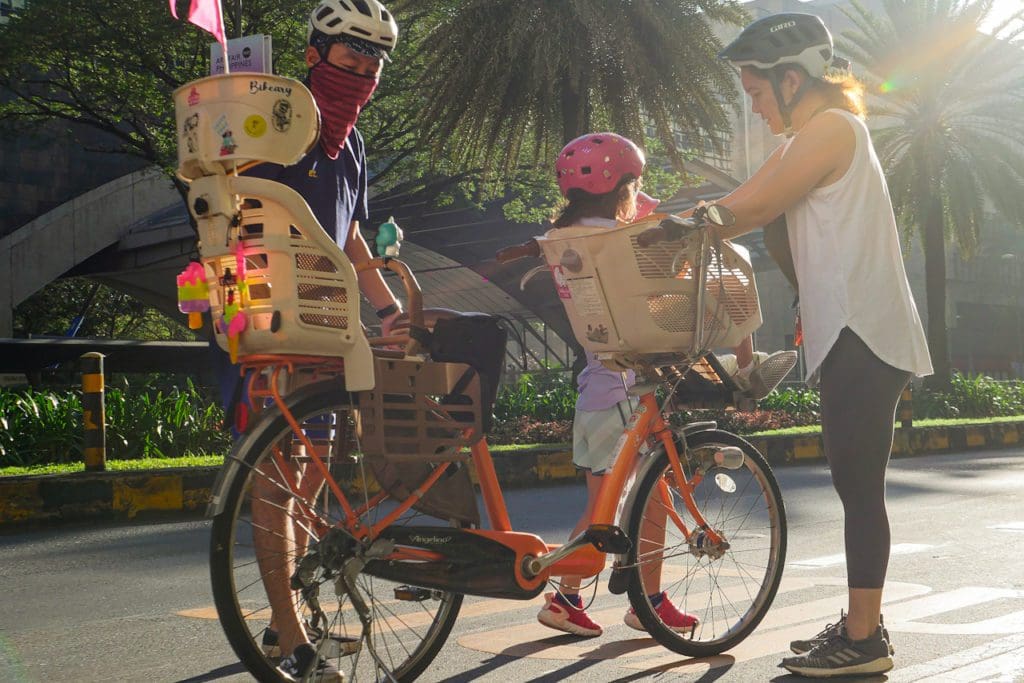
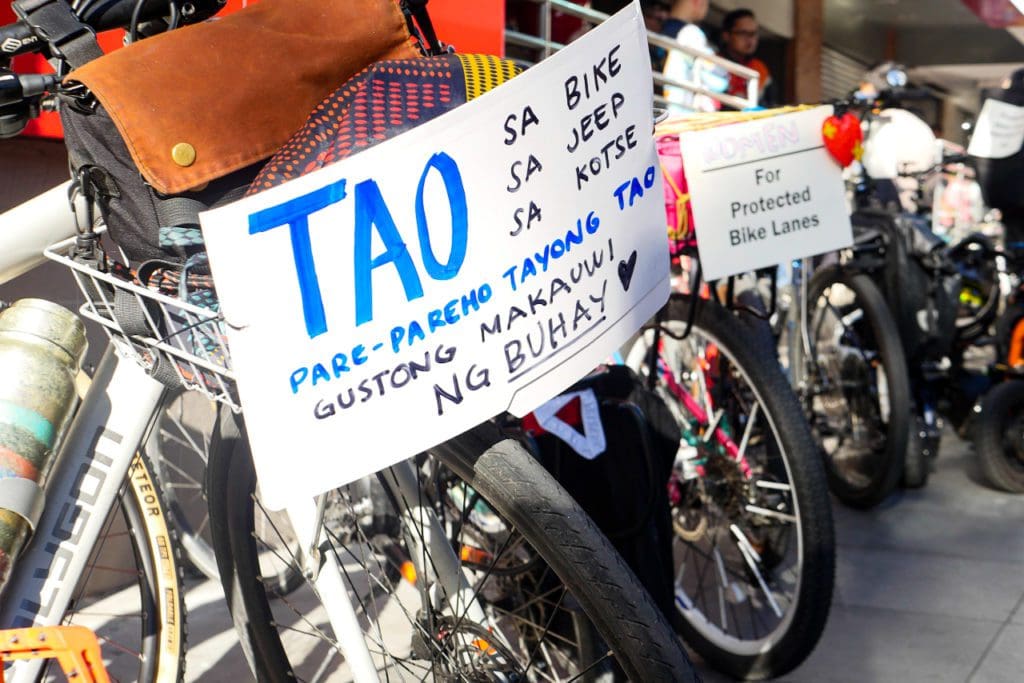
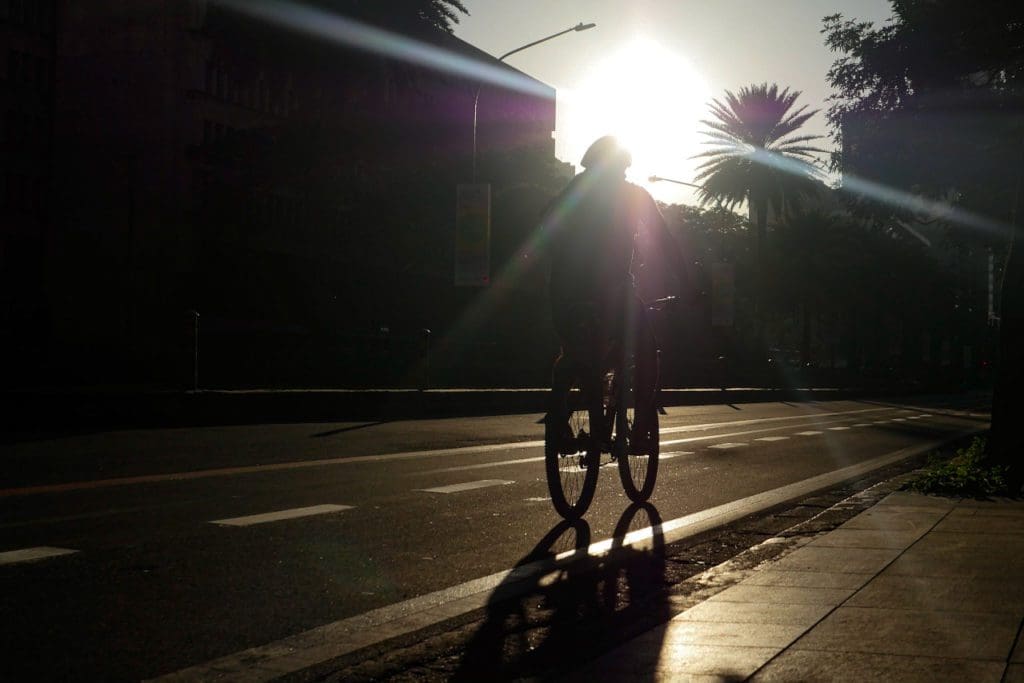
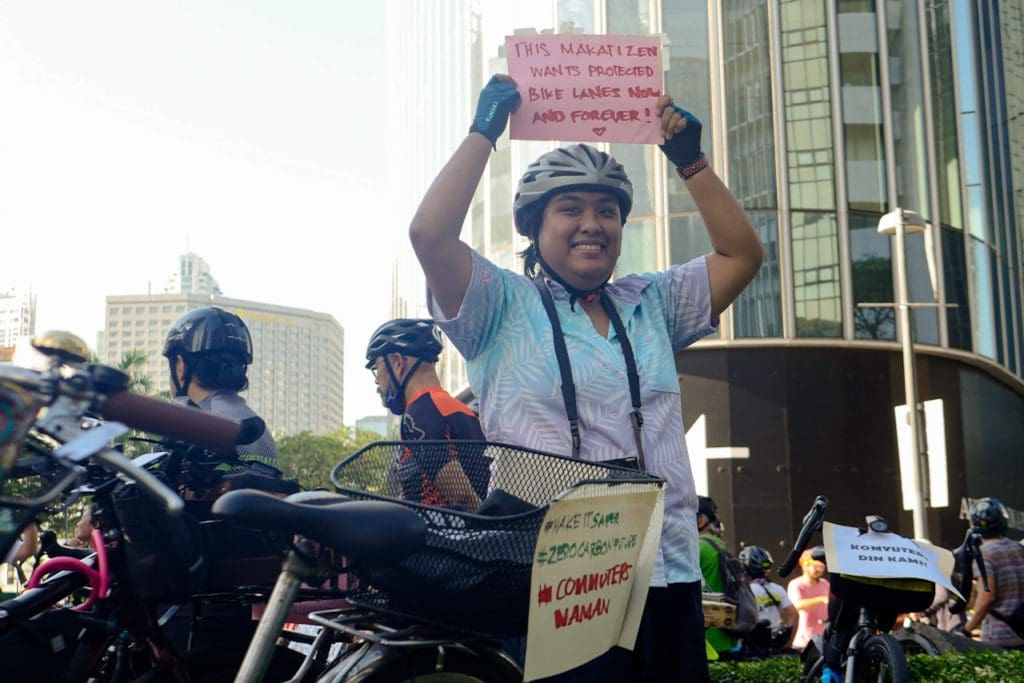
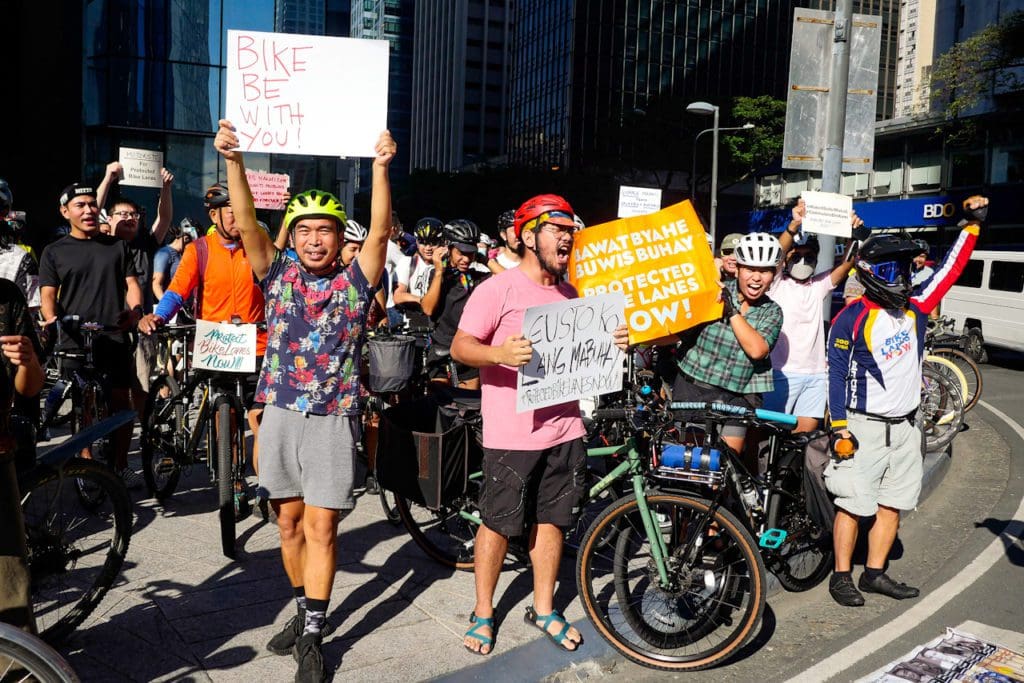
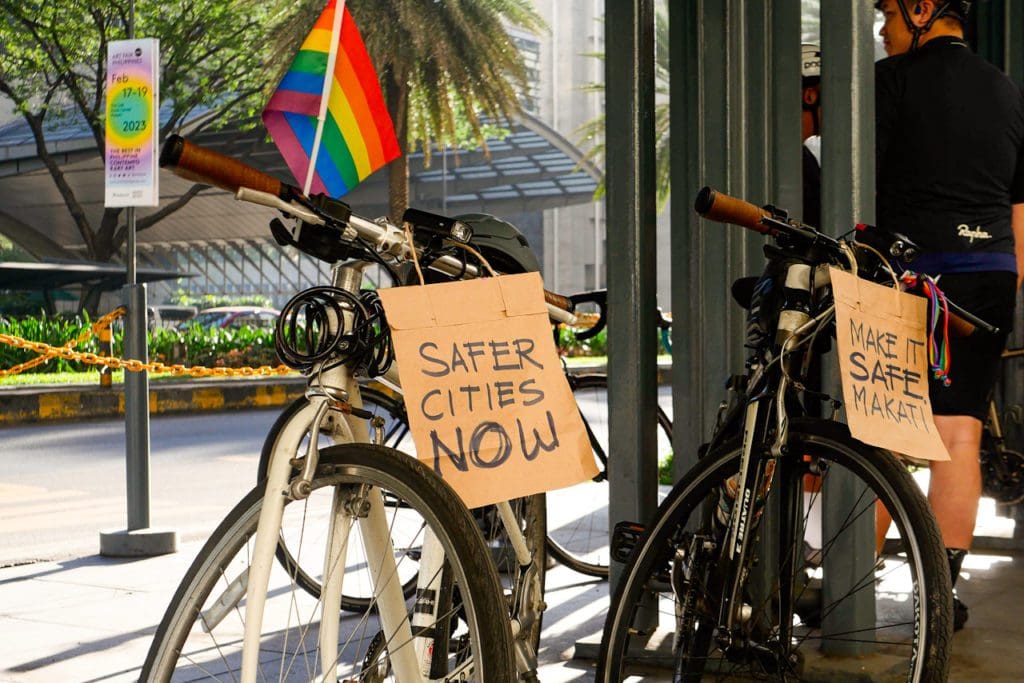
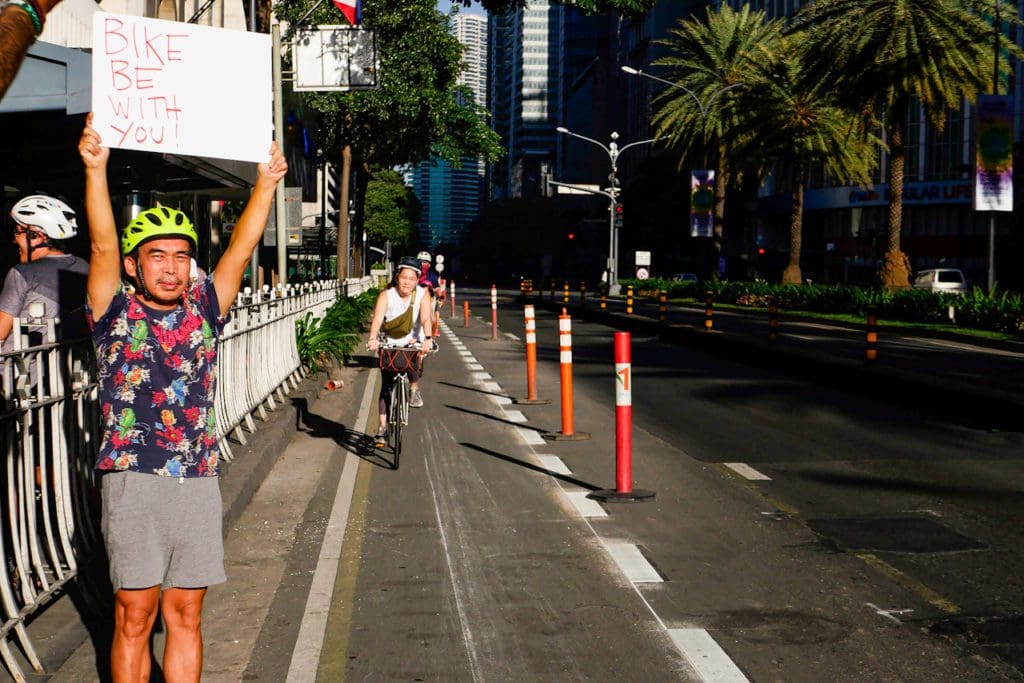
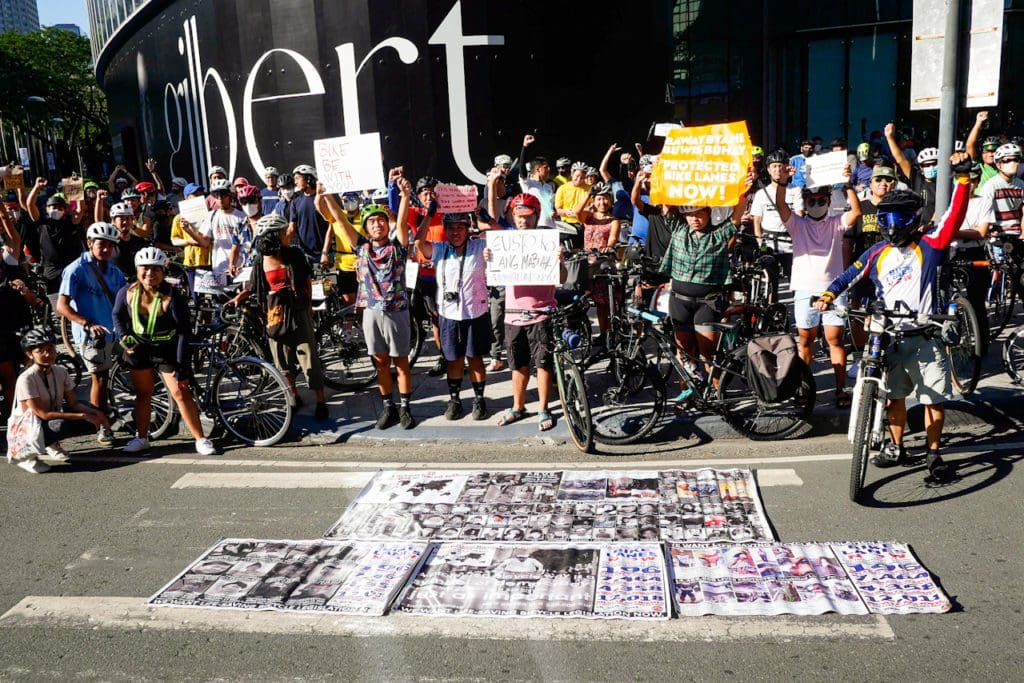
MAKATI CITY, Philippines ꟷ On a Sunday morning in February 2023, people in Makati City took to the streets for a 24-hour community bicycle ride and protest. Intense emotions led to the event, after a Facebook post by Make it Makati announced the removal of barriers between motorized vehicles and cyclists. They also announced the removal of the bicycle lane along Ayala Avenue.
Read more: Salvadoran woman conquers 13,000 miles by bike
Cyclists in the city rely on bike lanes to commute. They said the removal of barriers and lanes prioritizes motor vehicles over the safety of cyclists. The post said that with the end of the COVID-19 Pandemic, more people will be using public buses. The influx of passengers on buses requires more space for motorized vehicles.
Hundreds of people reacted on social media and showed up for the protest with signs on their bicycles and scooters. Volunteers spoke out on the issue, citing environmental and transportation benefits to the lanes. More bikes reduce air pollution, shrink the carbon footprint, and decrease the number of private cars on roads. They also pointed to fewer traffic jams and the savings they incur by purchasing less gas.
Read more: From jails to the community, man repairs bicycles to change lives
The community ride started at the Ayala Avenue loop and moved to Paseo de Roxas. Protesters made a stage for the protest at the Sultan Kudarat monument. Participants called on the government and organizations to focus, instead, on creating a more bicycle friendly community. Their efforts proved successful. Make It Makati announced, after the protest, that decisions on the conversion of bike lanes would be deferred to March 6 to consider the concerns raised.



